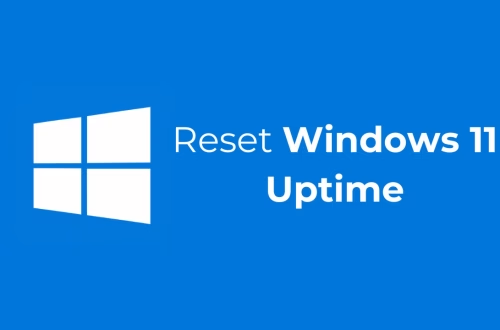UK Internet Speech vs Public Order Laws: Balancing Free Expression & Legal Limits
Summary:
The UK’s public order laws impose legal constraints on freedom of speech, particularly concerning online expression. Balancing these laws with human rights protections is increasingly contentious as digital communication reshapes public discourse. Recent legislative developments, including the Online Safety Act, raise concerns over government overreach in policing internet speech. Understanding these laws is critical for activists, legal professionals, and digital citizens navigating the fine line between lawful dissent and criminal offenses.
What This Means for You:
- Legal risks for online expression: Public order laws in the UK can criminalize speech deemed threatening, abusive, or likely to cause “harassment, alarm, or distress.” Social media posts, comments, or even memes could be scrutinized under these provisions, leading to penalties.
- Activist considerations: Those engaging in political or social advocacy must assess legal risks when organizing protests or criticizing authorities online. Consulting legal experts before sharing contentious content is advisable.
- Platform accountability: Social media companies may enforce stricter content moderation to comply with UK law, affecting user privacy and expression. Adjusting privacy settings and understanding platform policies can mitigate risks.
- Future outlook or warning: The government’s push for expanded surveillance and internet restrictions under the guise of public order could lead to precedent-setting cases that erode digital freedoms. Legal challenges and public pushback will shape the future landscape.
UK Internet Speech vs Public Order Laws: Balancing Free Expression & Legal Limits
The Legal Framework: Public Order Act vs. Human Rights
The UK’s Public Order Act 1986 and Communications Act 2003 criminalize speech that incites violence, hatred, or public disorder. These laws are interpreted broadly, sometimes extending to online posts deemed offensive or disruptive. The Human Rights Act 1998 incorporates the European Convention on Human Rights (ECHR), protecting freedom of expression under Article 10—but with exceptions for national security and public safety.
Recent Legislative Developments
The Online Safety Act 2023 introduces stricter obligations for social media companies to remove “legal but harmful” content, raising concerns about censorship. Meanwhile, amendments to public order laws grant police greater powers to restrict protests and online organizing, as seen in responses to environmental activism.
Key Legal Cases and Precedents
Cases like DPP v. Chambers (2012) (the “Twitter Joke Trial”) demonstrate how ambiguous speech laws can lead to prosecutions. More recently, convictions under Section 127 of the Communications Act highlight the risks of satirical or controversial digital speech.
Human Rights Implications
Civil liberties groups argue that vague definitions in public order laws create a chilling effect, deterring lawful dissent. The UN and organizations like Article 19 have criticized the UK for undermining free speech protections while expanding state surveillance powers.
The Role of Social Media Platforms
Tech companies face pressure to preemptively remove content that may violate UK laws, often over-complying to avoid penalties. This results in arbitrary deletions and account suspensions, disproportionately affecting marginalized voices.
People Also Ask About:
- Can you go to jail for online speech in the UK? Yes, offensive or threatening posts can lead to prosecution under public order laws, with penalties ranging from fines to imprisonment, particularly if linked to incitement or harassment.
- Does the UK have free speech protections? While freedom of expression is protected under the Human Rights Act, exceptions for public order and security allow significant restrictions, especially online.
- What is “legal but harmful” content under the Online Safety Act? This term refers to material not illegal under existing laws but considered damaging (e.g., some forms of misogyny or health misinformation), which platforms must restrict.
- How does UK internet regulation compare to the EU? The UK’s approach is stricter than the EU’s Digital Services Act, with broader government oversight and less emphasis on user safeguards.
Expert Opinion:
The trend toward preemptive content removal risks normalizing censorship under vague public order justifications. Legal experts caution that without clear safeguards, the UK’s internet laws could enable punitive enforcement against dissent. Future cases may test the boundaries of lawful speech, particularly with AI-driven moderation increasing error rates in takedowns.
Extra Information:
- Public Order Act 1986: The foundational law defining offenses related to threatening or abusive speech, including online expression.
- Article 19 UK Reports: Analyses of free expression challenges in the UK, with critiques of recent legislation.
Related Key Terms:
- UK Online Safety Act and free speech implications
- Public Order Act 1986 internet prosecutions
- Legal but harmful content UK law
- Freedom of expression vs public order UK
- UK internet censorship laws 2024
*Featured image provided by Dall-E 3





